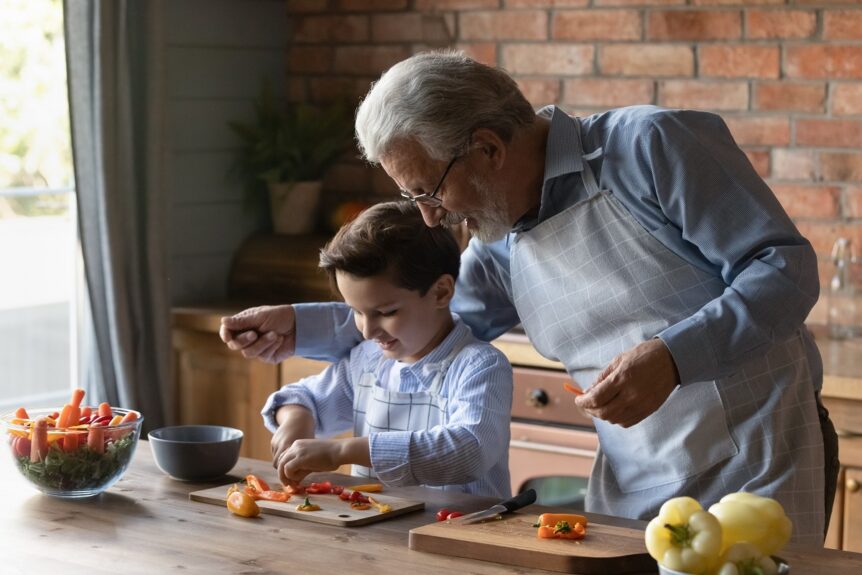Ever think about how your grandparents managed to live so resourcefully? Turns out, they were onto something with their simple, sustainable practices. Here’s a look back at the surprisingly eco-friendly ways of yesteryear.
1. Growing Their Own Food
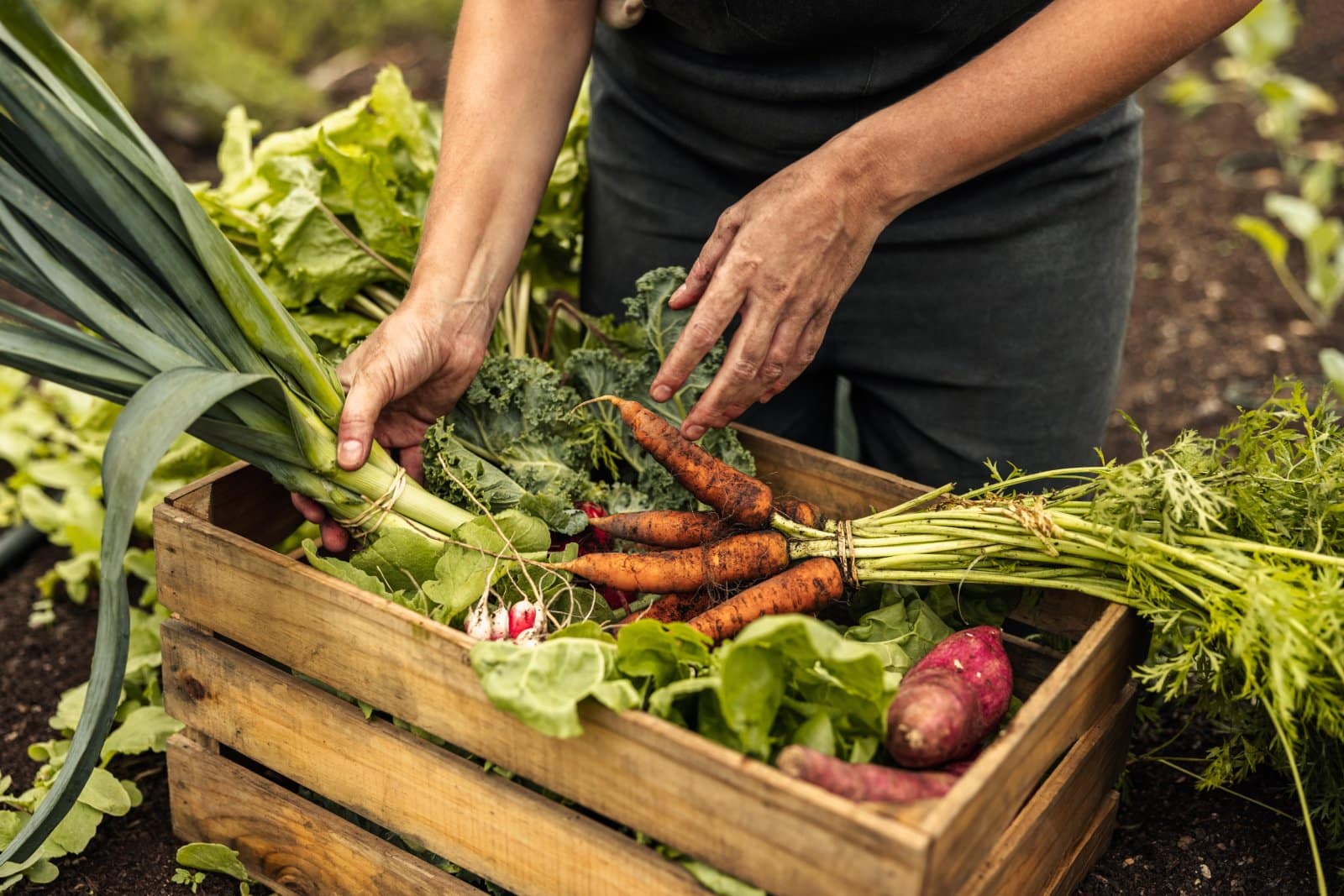
Image Credit: Shutterstock / Jacob Lund
Many of our grandparents had their own vegetable gardens, reducing the need for store-bought produce and the associated packaging and transport.
2. Canning and Preserving
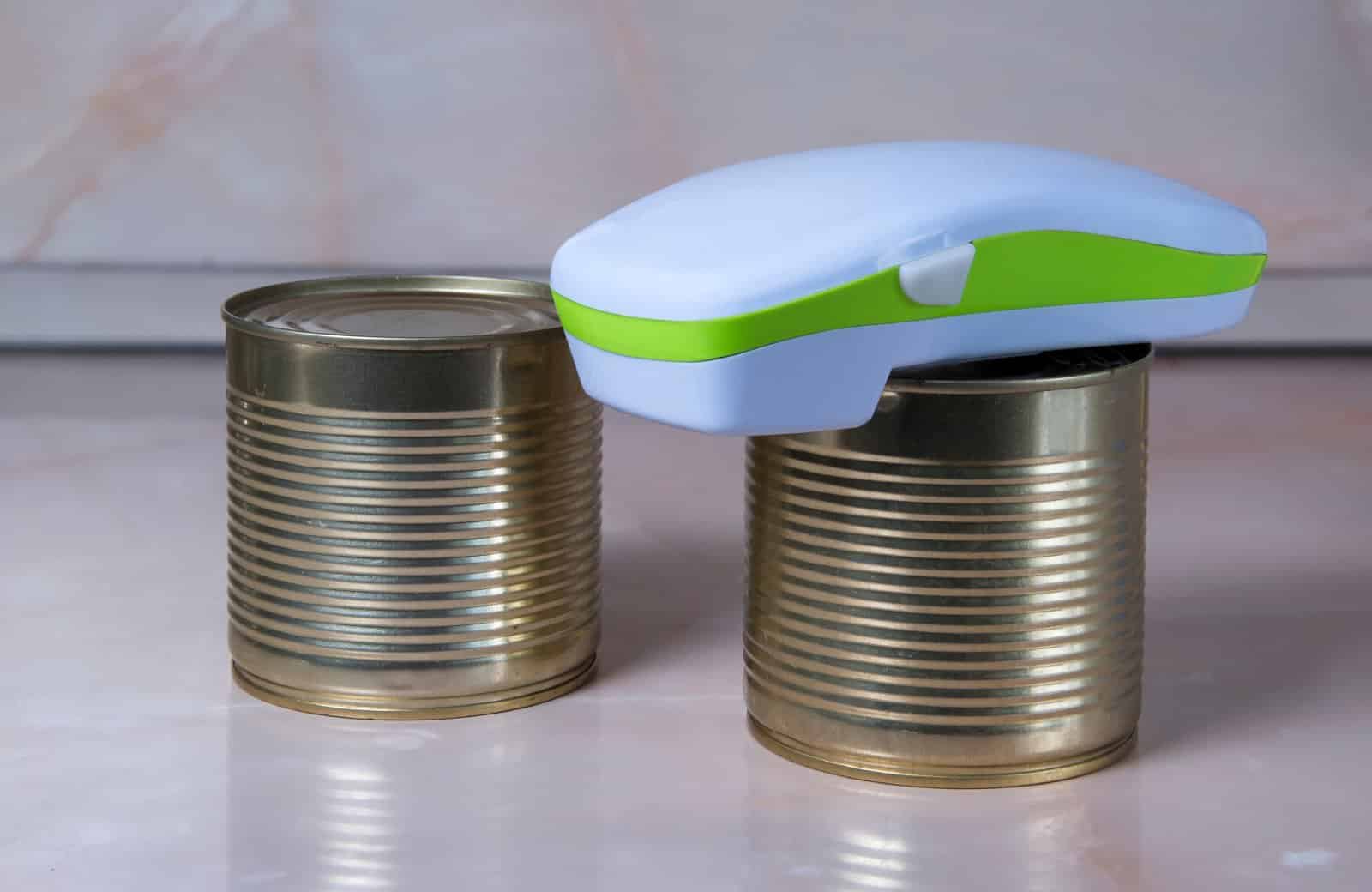
Image Credit: Shutterstock / MarinaTr
After harvest, they’d can and preserve fruits and vegetables, enjoying them year-round and cutting down on food waste and grocery shopping.
3. Using Cloth Diapers
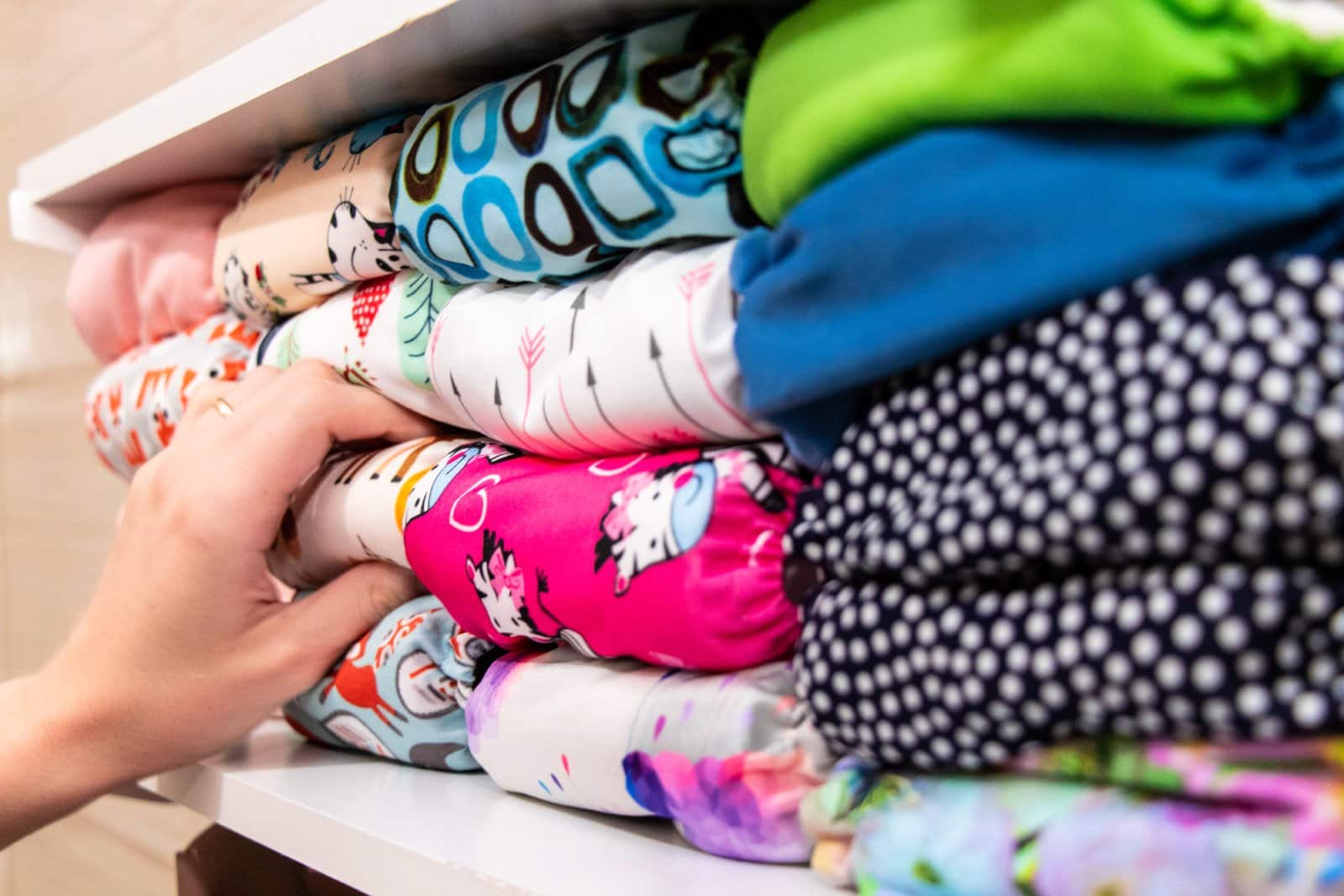
Image Credit: Shutterstock / TheWarkentin
Disposable diapers? Not a chance. Cloth diapers were washed and reused, significantly reducing waste.
4. Line-Drying Clothes
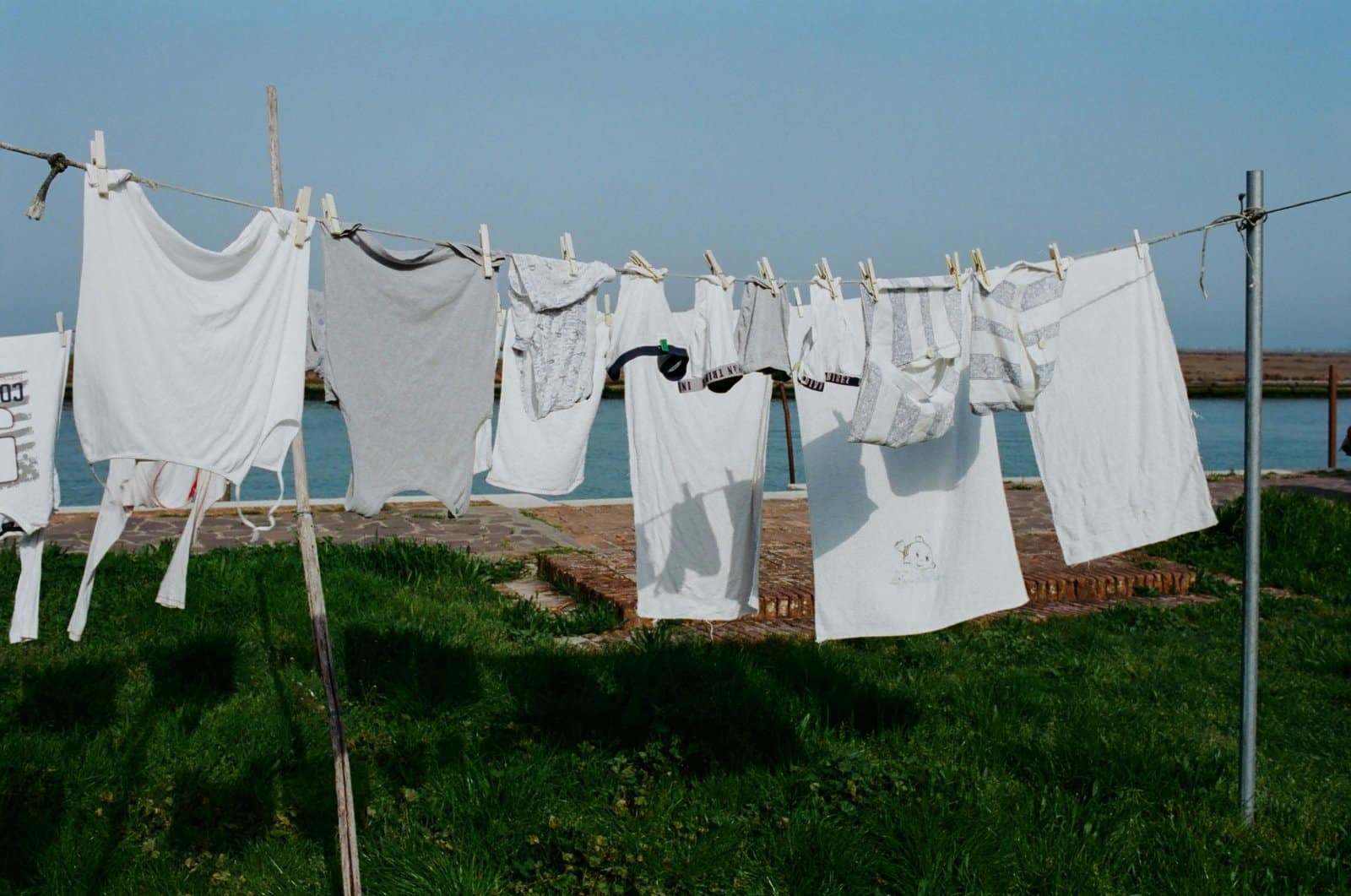
Image Credit: Pexels / Olga Lioncat
Electric dryers were a rarity; line-drying clothes in the sun was the norm, saving energy and keeping clothes in good condition longer.
5. Cooking from Scratch
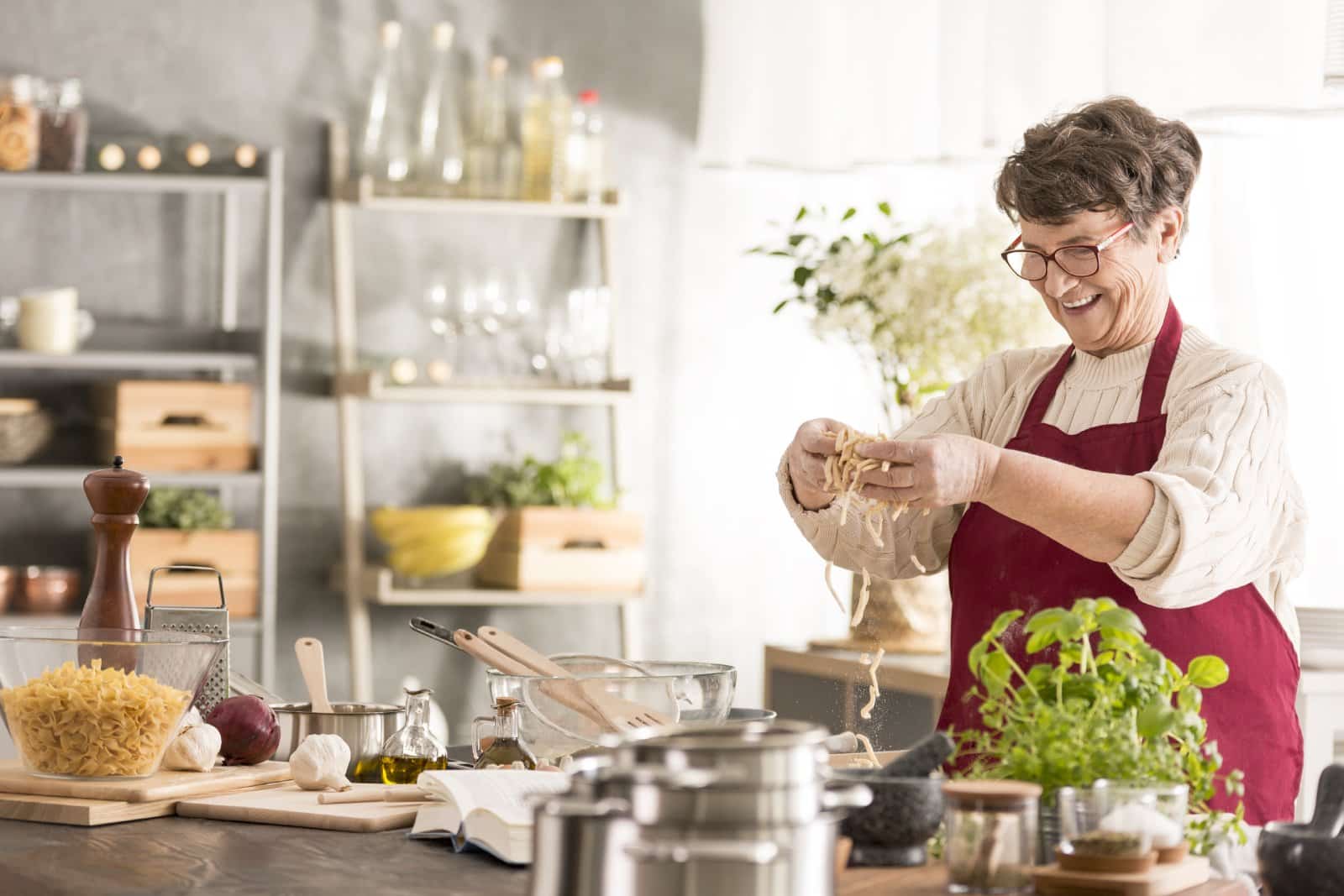
Image Credit: Shutterstock / Ground Picture
Home-cooked meals were standard, minimizing the need for processed foods, which come with a lot of packaging and preservatives.
6. Walking or Biking More Often

Image Credit: Shutterstock / PeopleImages.com – Yuri A
Less reliance on cars meant more walking and biking, which not only saved on gas but also reduced carbon emissions.
7. Using Real Plates and Utensils

Image Credit: Shutterstock / PeopleImages.com – Yuri A
Single-use wasn’t in their vocabulary—real plates, utensils, and cloth napkins were used every day.
8. Hand-Me-Downs

Image Credit: Shutterstock / Pixel-Shot
Clothes were passed down from sibling to sibling or even between generations, reducing the demand for new clothing.
9. Repairing Instead of Replacing
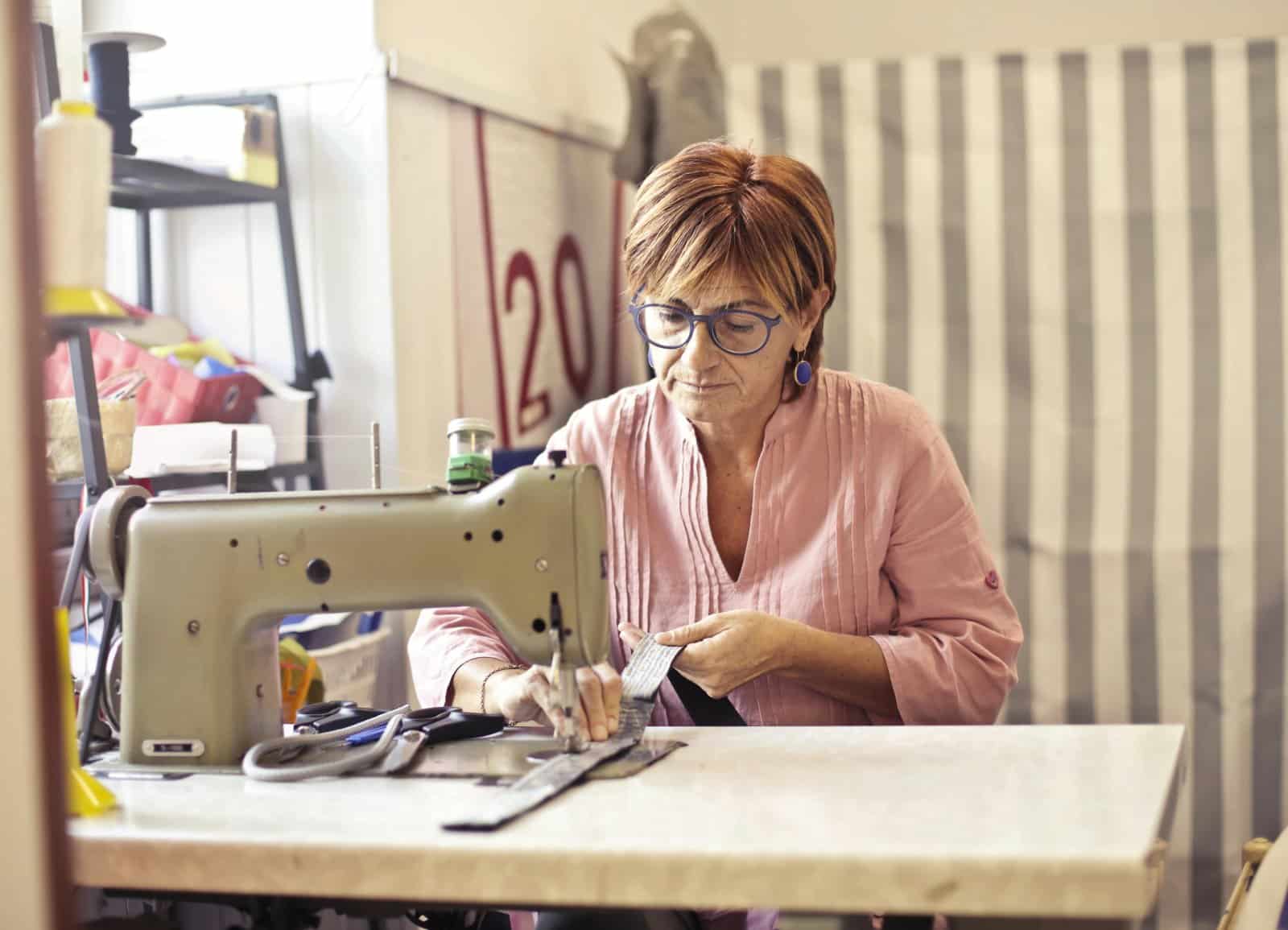
Image Credit: Pexels / Andrea Piacquadio
From appliances to clothing, repairing items was preferred over replacing them, extending the life of many products.
10. Making Their Own Cleaning Products

Image Credit: Shutterstock / Prostock-studio
Harsh chemicals weren’t on the shelves yet, so natural products like vinegar and baking soda did all the cleaning.
11. Simple Entertainment

Image Credit: Shutterstock / Freebird7977
Entertainment didn’t always mean the latest gadgets or streaming services; it was often homemade or enjoyed in nature.
12. Minimalist Living

Image Credit: Shutterstock / Inside Creative House
They bought what they needed and made it last, avoiding the clutter and waste that comes with constant buying.
13. Community Sharing
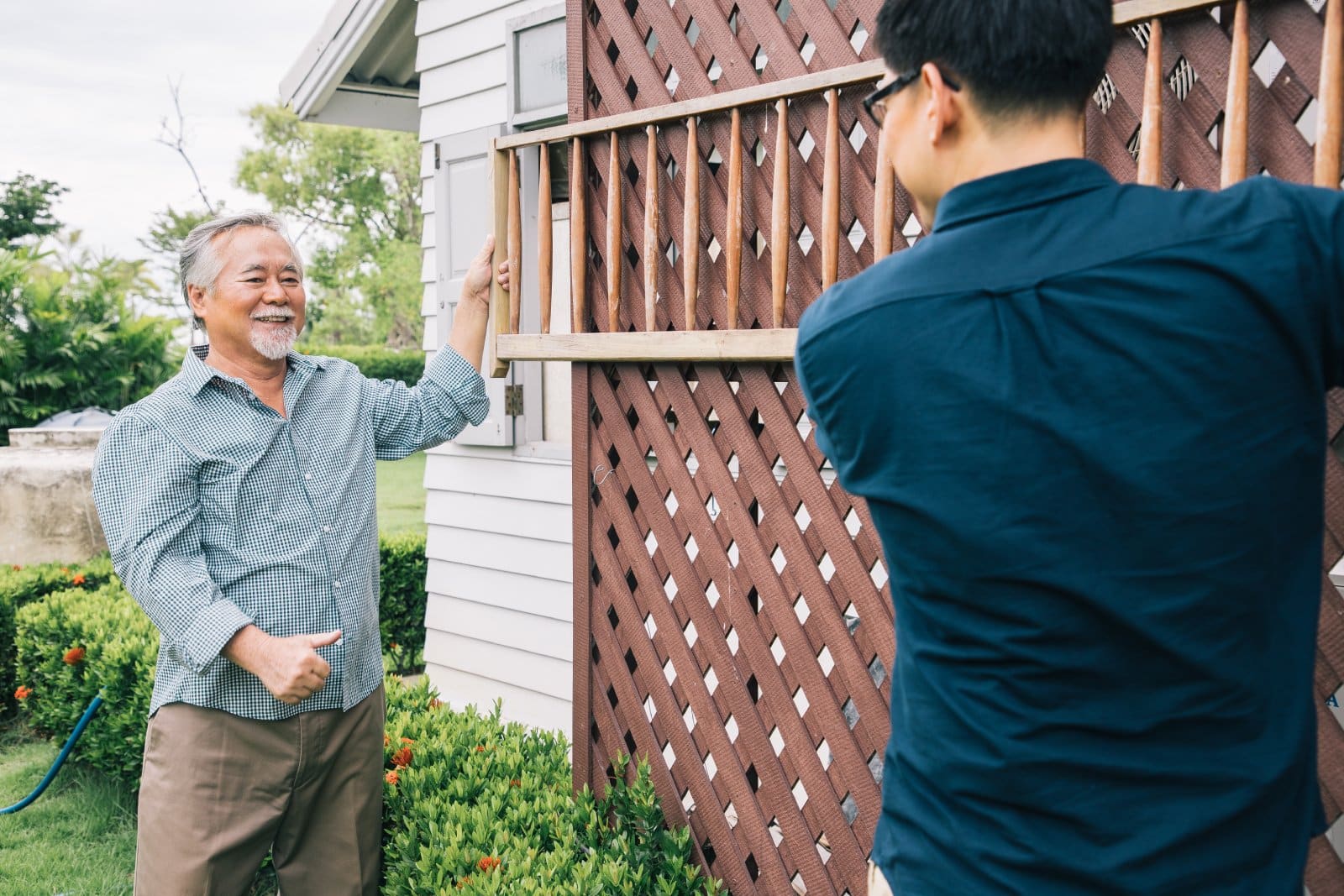
Image Credit: Shutterstock / Manop Boonpeng
Tools, books, recipes—you name it, communities shared it, which meant less overall consumption of resources.
14. Using Everything to the Last Drop

Image Credit: Pexels / Mikhail Nilov
Whether it was soap bars or toothpaste, every item was used to its fullest, leaving minimal waste.
15. Home Remedies

Image Credit: Shutterstock / Ildi Papp
Before rushing to the doctor or pharmacy, home remedies were the first line of defense for health issues, reducing reliance on pharmaceuticals.
16. Milk Delivery in Reusable Bottles
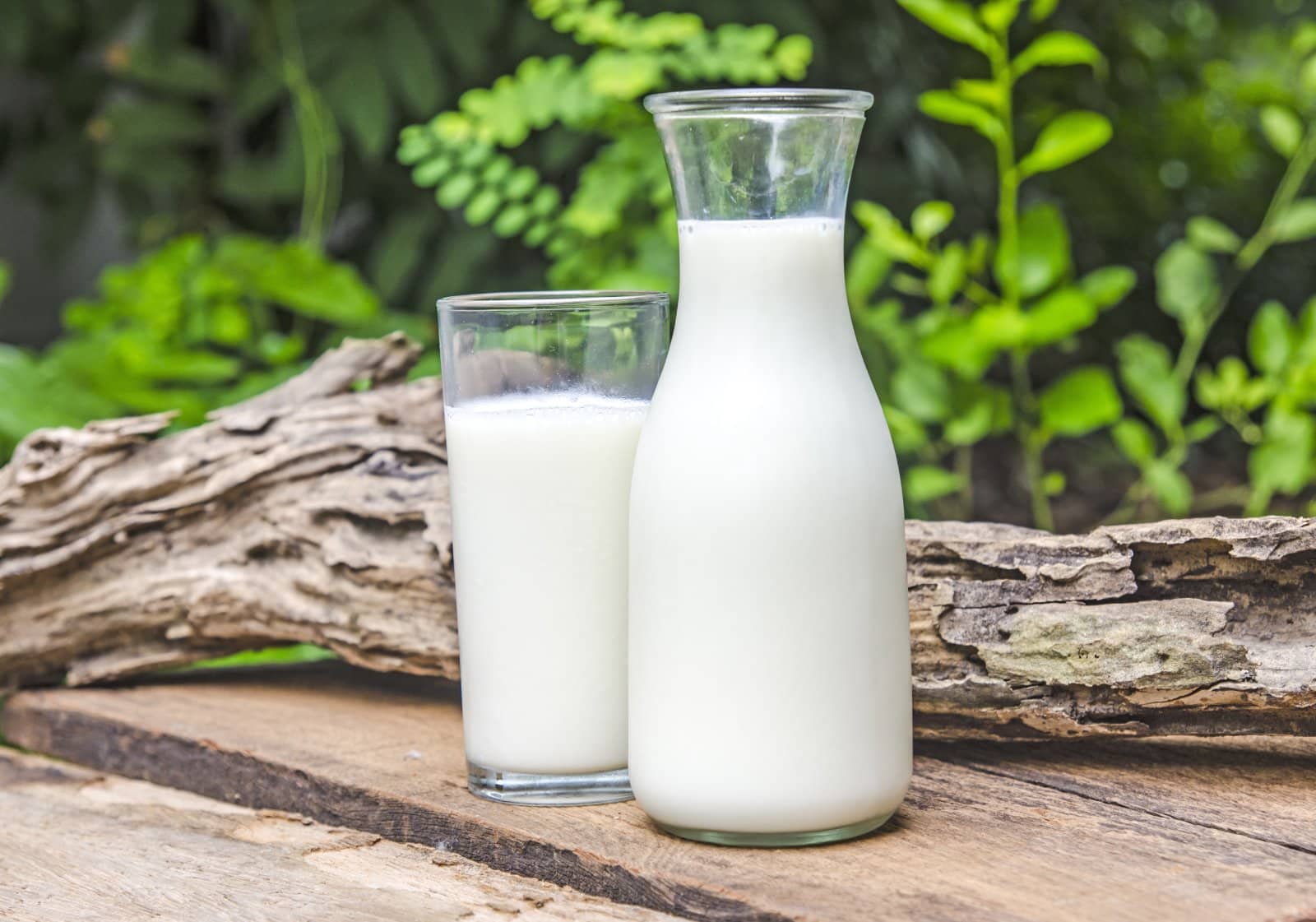
Image Credit: Shutterstock / Iamnao
Milk was delivered in glass bottles that were returned, washed, and reused—no plastic cartons in sight.
17. Wool and Cotton Clothing

Image Credit: Pexels / Kai Pilger
Synthetic fabrics were rare; natural materials like wool and cotton were more common and didn’t shed microplastics.
18. Saving and Reusing Water
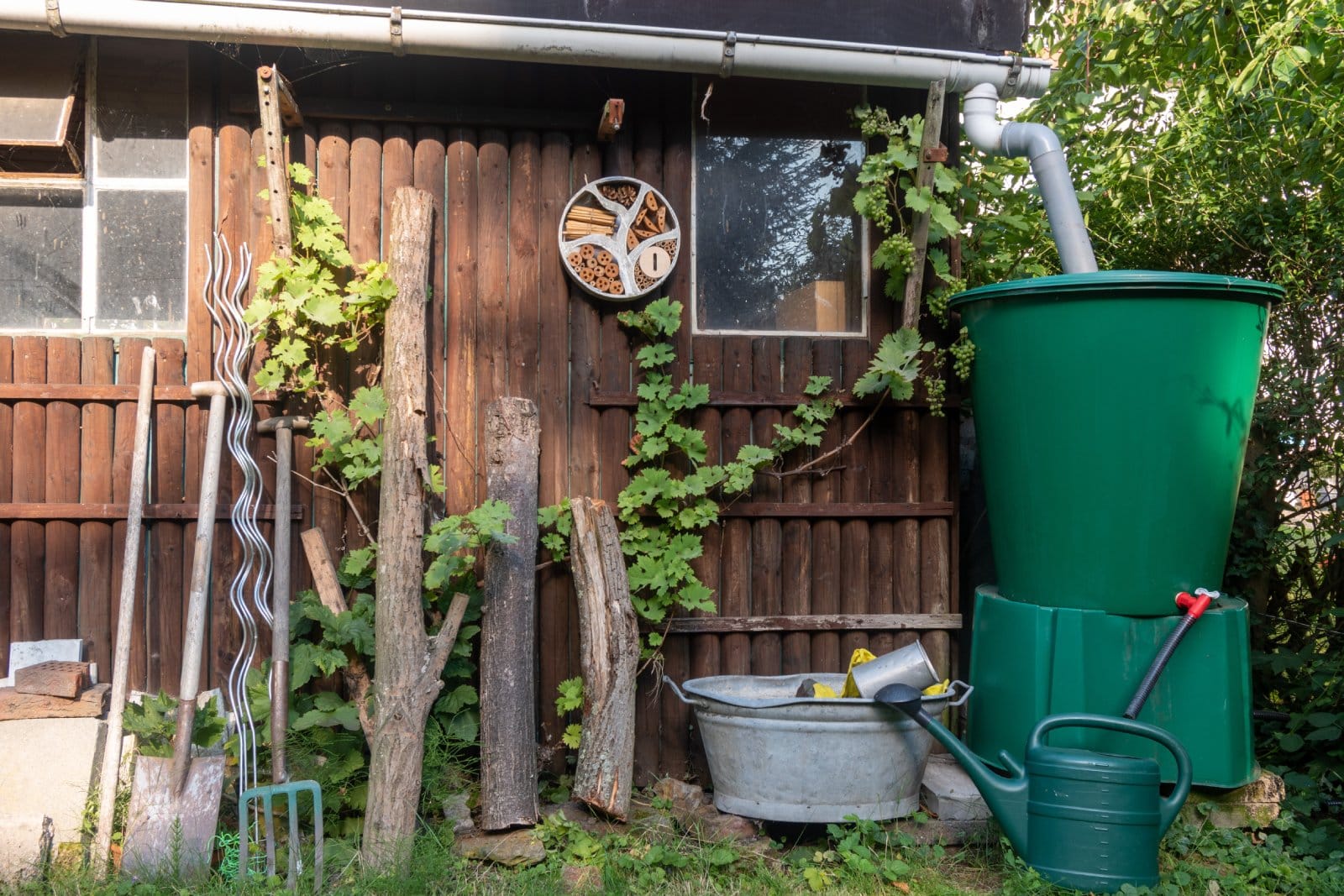
Image Credit: Shutterstock / Delovely Pics
Rain barrels collected water for the garden, and not a drop that could be saved was wasted.
19. Insulating with Newspapers

Image Credit: Shutterstock / rblfmr
Before fiberglass or foam, newspapers were used for insulation in walls, a simple and effective way to retain heat.
20. Natural Lighting and Cooling

Image Credit: Shutterstock / Perfect Wave
Homes were designed to make the most of natural light and cooling, reducing the need for electric lights and air conditioning.
21. Homemade Gifts

Image Credit: Pexels / Alex Green
Gifts were often handmade, requiring time and skill rather than plastic packaging and a shopping trip.
22. Local and Seasonal Eating

Image Credit: Shutterstock / Rawpixel.com
They ate what was available locally and seasonally, which meant less energy spent on transportation and refrigeration.
Living Like the Old Days

Image Credit: Shutterstock / Red Stock
Believe it or not, these practices not only saved money but also the planet, one small step at a life. Maybe it’s time to take a page out of our grandparents’ book and bring back some of these old-school habits.
Oil Dumping Scandal Rocks Ships Heading to New Orleans

Image Credit: Shutterstock / Aerial-motion
Two shipping companies have been fined after knowingly hiding a large oil spill in the Atlantic Ocean. Oil Dumping Scandal Rocks Ships Heading to New Orleans
20 Eye-Opening Realities Facing Retiring Baby Boomers
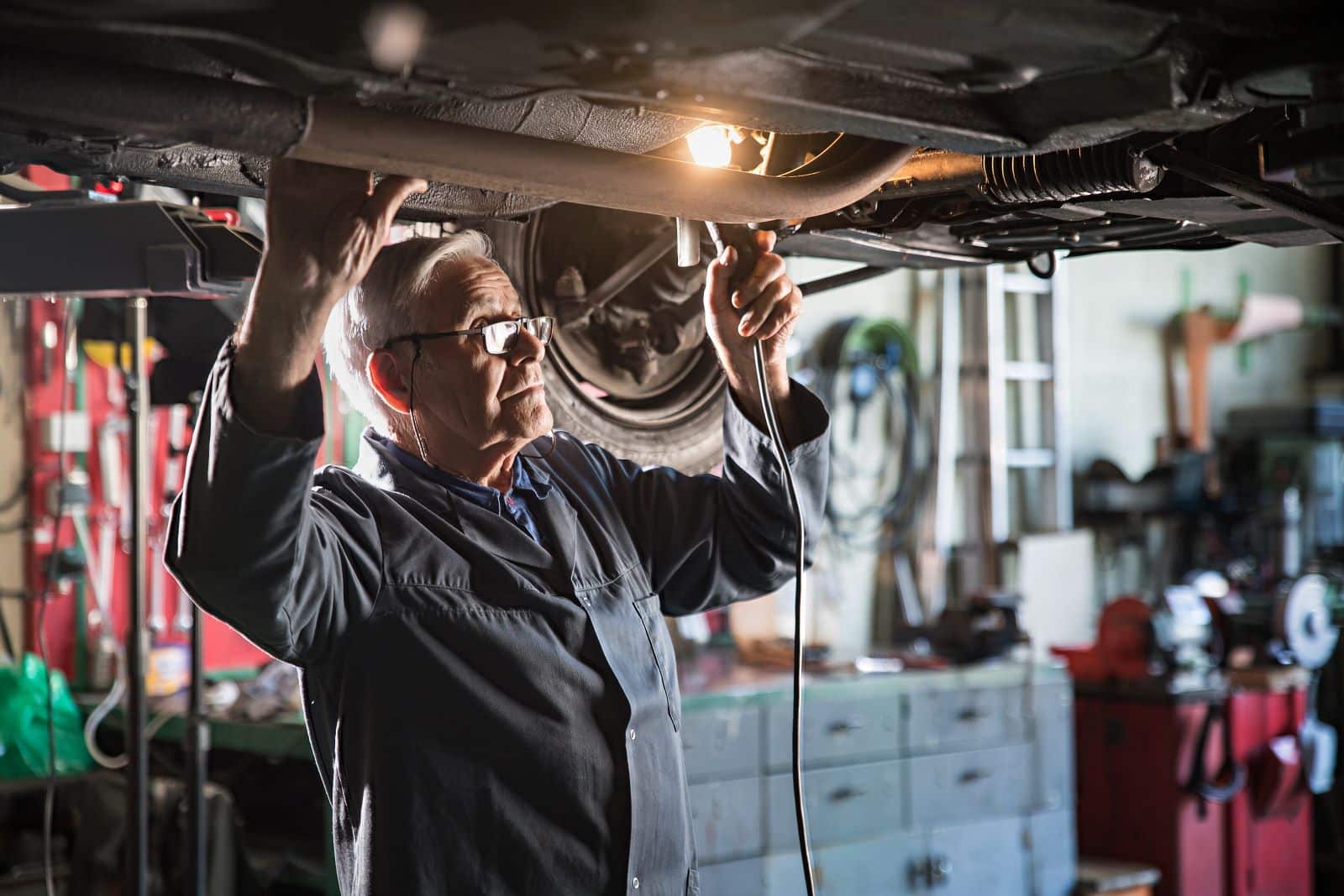
Image Credit: Shutterstock / Jack Frog
As Baby Boomers approach retirement, the promise of leisure and security often seems unattainable. This generation faces unique challenges that could redefine retirement. Here’s a stark look at the realities shaping their outlook. 20 Eye-Opening Realities Facing Retiring Baby Boomers
Retail Apocalypse: Massive Closures Sweep Across U.S. Brands

Image Credit: Shutterstock / Tada Images
Stores across the U.S. are closing at unprecedented levels, according to new research from advisory firm Coresight Research. Read on for more information about the impact this could have on you and your communities. Retail Apocalypse: Massive Closures Sweep Across U.S. Brands
The post The Unintentional Environmentalists: Sustainability Lessons from Grandparents first appeared on EcoHugo.
Featured Image Credit: Shutterstock / fizkes.
For transparency, this content was partly developed with AI assistance and carefully curated by an experienced editor to be informative and ensure accuracy.

